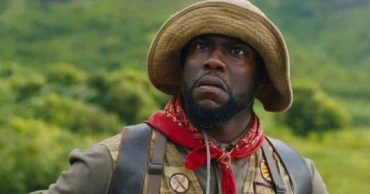
Controversy Surrounding Mario Lopez’s Comments on Transgender Children
Greetings, fellow film and TV enthusiasts! It seems like every day, there’s a new controversy brewing, especially when it comes to celebrities voicing their opinions. The latest to find himself in the crosshairs is Mario Lopez, who recently made headlines for his comments on the Candace Owens show regarding parents of transgender children. Lopez stated that it’s dangerous for parents to promote transgender thinking in their children, as they don’t yet know anything about sexuality. Unsurprisingly, this sparked outrage, leading to Lopez issuing an apology. Ryan Schwartz of TVLine discusses the potential impact on Lopez’s career, but it’s still unclear whether the backlash directly influenced his decision to apologize.
Comparing Lopez’s Situation to Last Man Standing’s Cancellation
While some might dismiss this as a conspiracy theory, there’s a precedent for celebrities facing consequences for their opinions. Take, for example, the cancellation of Last Man Standing. Lesley Goldberg of The Hollywood Reporter notes that Tim Allen’s pro-Trump stance was rumored to be a factor, though it was never confirmed. The show eventually returned to the air, but the situation raises questions about why some celebrities are forced to apologize for their opinions while others aren’t.
The Hypocrisy of Tolerance and the Real Issue at Hand
It’s interesting to see people preach tolerance and open-mindedness, only to demand apologies for opinions they find offensive. The real issue here, however, is the idea of parents allowing their three-year-old children to determine their own gender. This raises concerns about parenting and whether such young children have a sufficient understanding of sexuality to make such decisions.
Was Mario Lopez’s Apology Necessary?
While Mario Lopez may have been out of line in commenting on other people’s parenting skills, it’s debatable whether his apology was necessary. His comments weren’t so offensive as to warrant such a response. If we were discussing adolescents or teenagers, the situation might be different, as they have more life experience and self-awareness to make decisions about their gender identity. But a three-year-old? Lopez’s comments, though perhaps callous, raise valid concerns about the age at which children should be allowed to make such life-altering decisions. Ultimately, determining one’s own sexuality requires more life experience and introspection than a three-year-old can possibly possess.
 Follow Us
Follow Us





